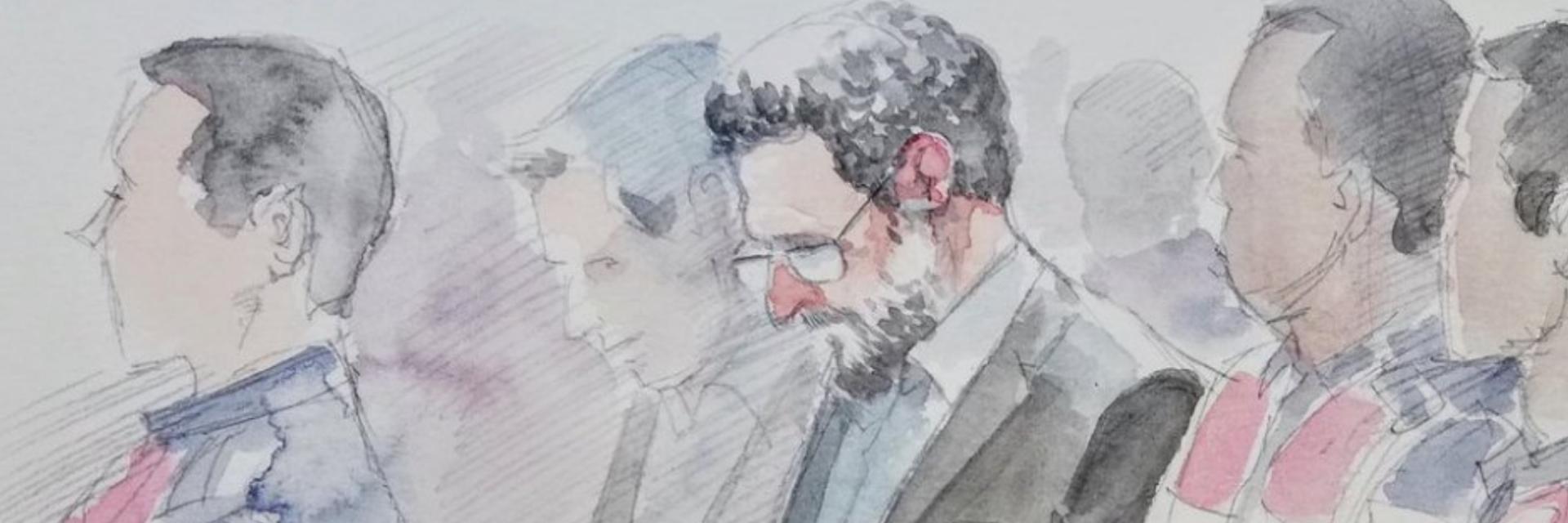
Mijatovic, in her opinion to the ECtHR, argued that the Turkish authorities "did not comply with their obligation to fulfill the ECHR decision" by not releasing Kavala.
Reminding that the Committee of Ministers of the Council of Europe warned Ankara with seven decisions and two interim decisions about the cohesiveness of the ECtHR decisions before initiating the violation procedure, Mijatovic said that the Turkish authorities accused the Turkish authorities of "taking steps to prevent Kavala's release", "acting in a manner inconsistent with the conclusions and spirit of the ECtHR decision" and "not behaving in good faith". In his written statement, Mijatovic said that "with a new legal classification, a new criminal investigation was launched into events that were previously deemed insufficient to justify his detention, and Kavala's right to freedom was hindered."
What was the ECHR decision?
In the decision became final on 12 May 2020, the ECtHR stated that "there is no reasonable suspicion that Kavala has committed a crime"; and regarding Kavala, "the Constitutional Court did not carry out an immediate judicial review"; also concluded that the restriction on Kavala's freedom was "applied for a purpose other than to bring him before a competent judicial authority on reasonable suspicion of having committed an offense" which "had a deterrent effect on the work of human rights defenders".
Based on these results, the ECtHR, with 6 votes to 1, ruled that "all measures should be taken by the Turkish government to end Kavala's detention and release him as soon as possible". Ankara's objection to this decision of the ECtHR was not accepted.

